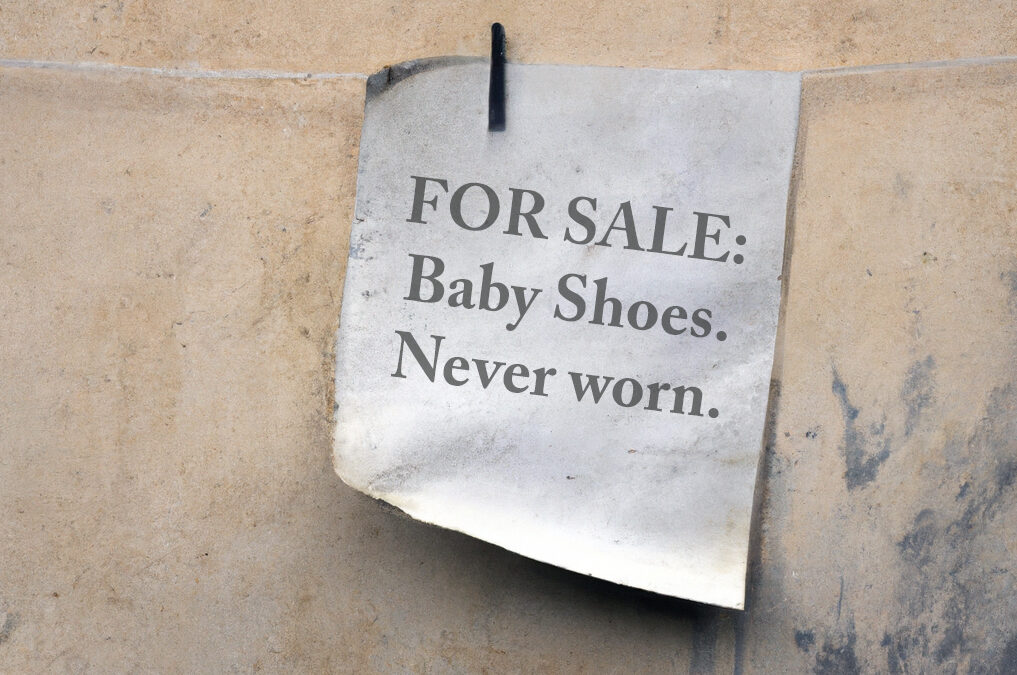In emails, letters, and speeches, we have a tendency to want to use more words to feel sure that the message carries. But short and sweet can be way more powerful.
Shortly after I turned 18 (in 1983), Marc, someone I had considered a friend since eighth grade, betrayed me in two different ways within two weeks. He had no defense and was completely in the wrong in both cases. When I found out, I was simply done with him.
Two years later, much to my surprise, I found a letter from him in my mailbox (if the words “letter” or “mailbox” confuse you, ask someone over 50). It was about a month before a mutual friend’s wedding and that no doubt prompted the letter.
The first page almost sounded like it was going to lead to an apology. But it didn’t. He didn’t take responsibility for his actions, even two years later. The letter basically declared that we should be able to get past old stuff and get along at the wedding. The second page even implied that I was half to blame, when I had taken no part in his selfish actions.
I read those two pages time and again, getting hotter each time. The outcome was a four-page response, telling him what I thought of him after the two past incidents and the new letter. I crafted and tweaked that letter for hours until it was just right.
Before mailing it, I ran both letters past my close friend, Don, who was also something of a mentor to me. He read Marc’s letter, then mine. He pondered for a moment, and then said, ” Regardless of what you say to him here, you’re also telling him that he is worth four pages of your time. He isn’t. Before you mail this, I want you to consider if you could write an extremely short message that would be more powerful than all of this.” I heard the wisdom instantly; he was right. While I don’t have the exact words anymore (it was handwritten, after all), I do remember that my response was very close to this:
“Marc, reading between the lines of your letter, It’s clear that you’ve learned nothing in the last two years, feel no remorse for your actions, and that there’s no basis for a relationship here. I have no intention of making a scene at Michelle’s wedding. If you stay away from me and I stay away from you, everything will be civil.”
So much more powerful than everything I said in those other four pages that went in the trash. I barely spotted him at the wedding, but I heard afterward that he only came over to greet the people at my table once — when he saw me head for the men’s room. Apparently, the brevity made an impact.
That kind of conciseness can be just as powerful in introductions at meetings, getting to the points of stories, sharing data, and more. No one has ever wished that a 15 minute speech had been 20 instead, if it covered the material well. The trick is in figuring out what the core message is and supporting it wisely and succinctly.
As an aside: what became of Marc and me? Decades later, he reached out via Facebook. I was able to put the past behind us, leading to a few enjoyable conversations. When I was next in New York, we planned a near-30-year reunion for Michelle, him, and me in Manhattan. Was it a joyous coming together, like no time had passed? No, he stood us up! He never even responded to texts, calls, and emails asking where he was.
Youthful transgressions I can forgive, but he showed his true colors for the last time…and I’m better off for knowing. And if he ever DOES reach out again, I’ll certainly be concise!

